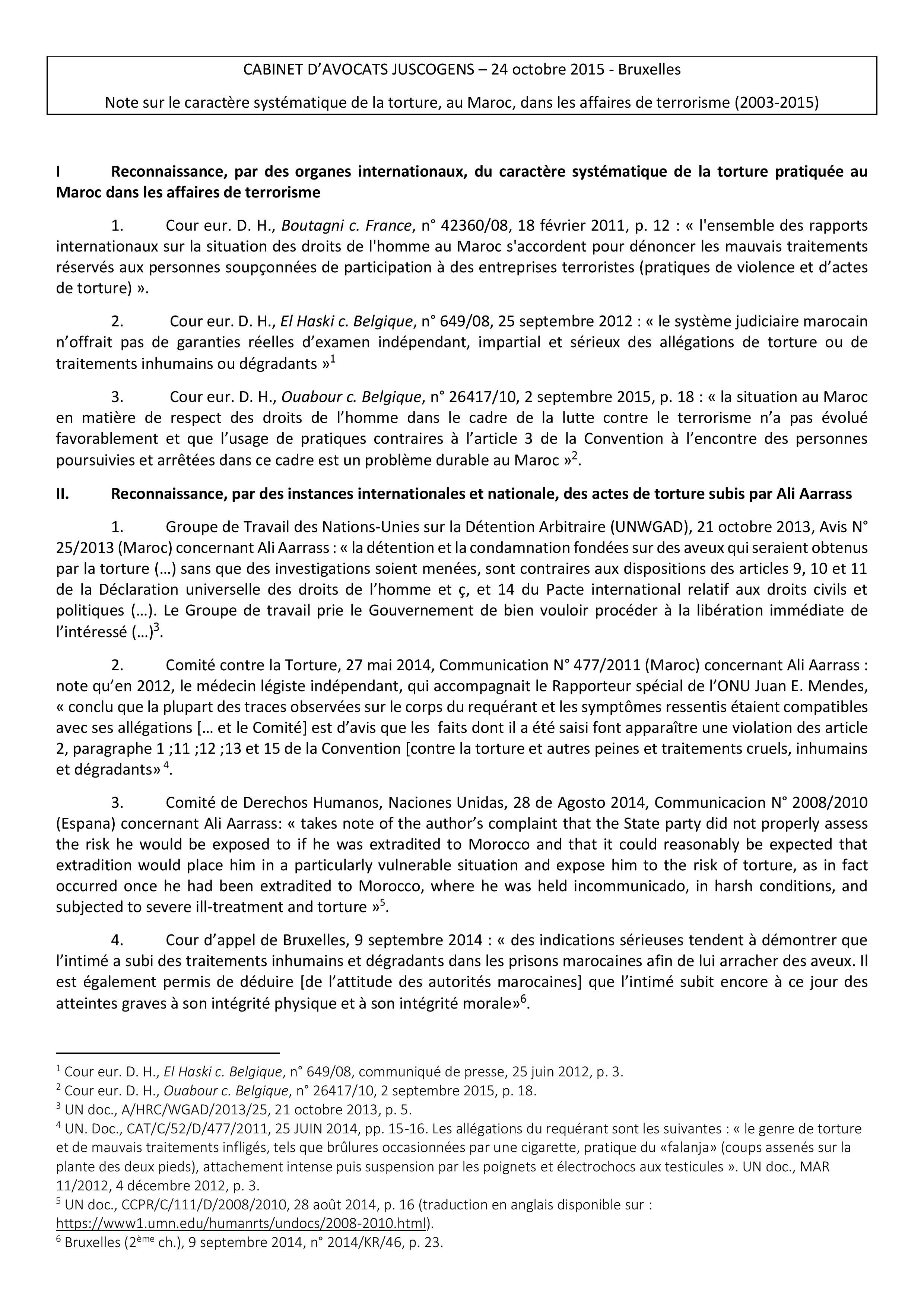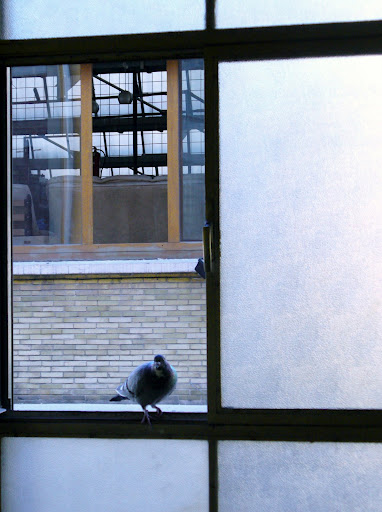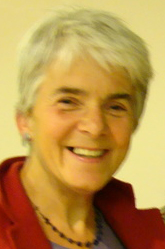 hoto : Houria, the wife of Ali Aarrass in Salé 15 September 2011
hoto : Houria, the wife of Ali Aarrass in Salé 15 September 2011
Press release Jus cogens – Lawyers M MARCHAND Christophe (32.486.32.22.88; cm@juscogens.be) and M Dounia ALAMAT (32.472.40.58.02; da@juscogens.be)
Finally, the trial has started. After the torture, a travesty of a trial
This morning (15 September) at the Rabat court of appeal, Ali Aarrass’
three Moroccan lawyers argued for three hours about the serious flaws in
Moroccan legal procedures, the latest feature of this interminable judicial
nightmare.
Remember that the Belgian national Ali Aarrass was under investigation for
over two years by anti-terrorist judge Garzon in Spain, an investigation
which ended in 2008 with no charges of terrorist arms trafficking. It was
the Moroccan authorities who provided the information leading to the
investigation, implicating Ali Aarrass in the so-called ‘Belliraj network’.
Then, Morocco issued an arrest warrant demanding his extradition, still on
the same allegations of terrorism. With no regard for the Provisional
Measures ordered by the UN Human Rights Committee, the Zapatero government
attracted infamy by surrendering Ali Aarrass to his torturers, on 14
December 2010.
Handed over to the secret services for eight days, he was savagely
tortured. In accordance with the classic horror scheme in force in Morocco
in the fight against terrorism, he was sent on to the judicial police eight
days later, on 22 December 2010, to be presented, his confession at the
ready, to examining magistrate Chentouf, habitual and necessary accomplice
of the DST’s brutal minions.
Moroccan investigations
Ali Aarrass is accused of transporting arms on three occasions between
Belgium, Spain and Morocco for the purposes of terrorism. The allegations
rest solely on statements of people who themselves have been tortured, and
who don’t themselves feature in the dossier. The police have desperately
and unsuccessfully searched for material evidence of these criminal
activities. Thus, Ali Aarrass was taken, gagged, bound and hooded, to the
town of Nador, where he was supposed to demonstrate with his foot where
they should start digging – but in vain. No arms have ever been found.
A dozen procedural flaws
The lawyers M Lahcen Dadsi of the Casablanca Bar, M Zakaria Louski of the
Mekhnes Bar and M Mohamed Jallal of the Rabat Bar demanded an end to the
prosecution because of the multiple procedural illegalities they
methodically and seriously set out. They tried to make the tribunal
understand that it is nothing but the pawn of an odious diplomatic deal
between Spain and Morocco. They gave some examples:
* What sort of court would approve police notes which are patently false,
with the dates obviously changed in an unsuccessful attempt to hide the
arbitrary and cruel detention by the Moroccan security services from the
moment of his arrival on Moroccan soil: the first note, dated 15 December
2010, mentions events of 18 and 20 December!
* How to explain that, after his detention and final release in Spain, Ali
Aarrass is prosecuted in Morocco for the same allegations?
* Why has there been no forensic investigation of the allegations of
torture, despite the formal complaint lodged with five Moroccan bodies
which have failed to take any action?
* How to reconcile Ali Aarrass’ alleged confessions in Arabic in the police
notes with the court’s acceptance that he does not speak that language and
their provision of an interpreter for him?
* Last but not least, the defence has requested that confrontations are
organised with his so-called accusers.
The state’s attorney tried to respond to these arguments, generally
conveniently forgetting the most powerful points in his unconvincing
explanations. He nevertheless conceded that it would be interesting to
organise the confrontations requested by the defence. The court retired to
deliberate. To general stupefaction, within a few minutes, it had rejected,
with no explanation, all the arguments and demands which had taken over
four hours of court time, and then adjourned the hearing to 6 October 2011.
The Arab spring does not appear to have knocked on the doors of the Kingdom
of Morocco, where legal reform, justice and equity appear no more than a
pipe dream.





